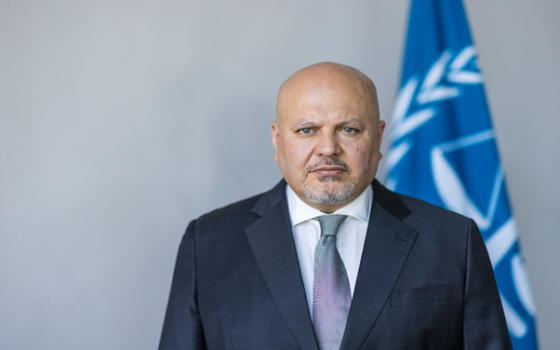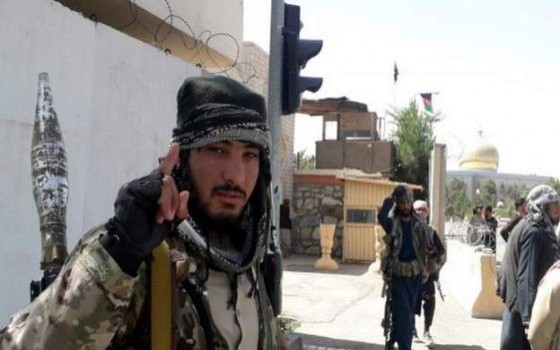
International Criminal Court: The rule of law must be applied in Libya and all other cases

- Europe and Arabs
- Wednesday , 15 May 2024 12:54 PM GMT
New York: Europe and the Arabs
Karim Khan, the Prosecutor of the International Criminal Court, reported that he had achieved “strong progress” in recent months regarding the investigations conducted by his office in Libya. He said that the unified United Nations team in Libya carried out 18 missions in 3 geographical regions, and collected more than 800 pieces of evidence, including visual and audio materials, as well as more than 30 statements and testimonies via interviews. According to what was reported in the United Nations daily news bulletin, a copy of which we received this morning
In his briefing to the UN Security Council on Tuesday, Khan added that significant progress had been made regarding the investigation into alleged crimes in detention centers between 2014 and 2020.
“We have continued to provide concrete and targeted support with regard to national action on crimes against migrants,” he said, adding that he hosted members of the Joint Investigative Team at the court’s headquarters in The Hague last March, where “the team also detailed how we can achieve synergy to ensure that... "Crimes committed against these most vulnerable individuals, and properly held accountable."
Purposeful roadmap
The Prosecutor of the International Criminal Court expressed his belief that in his sixth report to the Security Council, “we have a historic moment by announcing a road map on what could be a completion of the investigation phase in relation to Resolution 1970.”
He stressed that this roadmap represents a real vision for implementing his office’s mandate on Libya, detailing a focused set of activities that will be implemented over the next eighteen months and beyond “to significantly expand the scope of our work with regard to the situation in Libya.”
He added, "More importantly, the roadmap, I believe, is something that Libya's victims can view as not just empty talk, but as something impactful and meaningful to advance their right to justice."
More visits
Khan referred to what he described as positive news, as the Libyan authorities issued multiple entry visas that allowed his deputy to go to Libya last month, as well as to visit other missions last December, in addition to forensic experts who visited Libya last year.
He expected that there would be more missions in the coming period from members of his office to the capital, Tripoli, noting that opening an office there would help with integration and investigations that would help implement Resolution 1970 and the obligations of the Rome Statute on which the court was established.
Khan emphasized that moving forward requires solutions, not problems for every solution offered.
He added, "I still believe that our work together represents an opportunity. If we realize that continuing business as usual will lead us to the abyss and beyond, then we will do the right thing and we will care for the people who have no other recourse (redress) and who have suffered greatly for many different reasons, and we will ensure that "The rule of law is taken into account for them."
"The fabric of civilization"
The Prosecutor of the International Criminal Court stressed that it must be understood that the Rome Statute, the Geneva Conventions, international law, and the United Nations Charter are “part of the fabric of civilization that will allow us to survive in this current stormy climate, and this perilous moment that we face.”
He added, "If there is a real and sincere belief that the life of every human being is equally important, then the rule of law must be applied in Libya as it must be applied in all other cases."
He pointed out that when looking at other cases, whether it is Ukraine, Palestine or the Rohingya, the time has come to work for the rule of law, “which the Security Council concluded as a precondition for international peace and security.”












No Comments Found